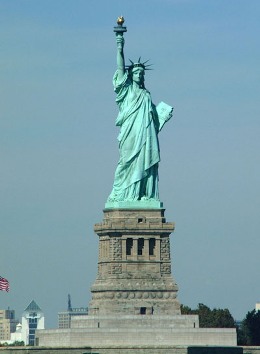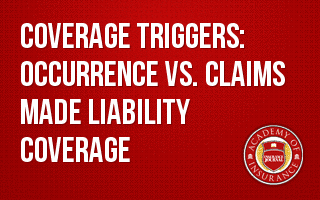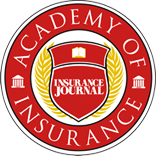DONAN CE Seminar
on Thursday, September 11th, 2014
5-CE Sessions, 7-CE
Credits, Courtesy of Donan
When: Thursday, September 11, 2014
Where: Holiday Inn 2261 N. Causeway Blvd. Metairie, LA
70001
Time: 8AM – 4PM
Classes are completely free
for adjusters and lunch will be provided.
Commercial Roofing 101
Agricultural Equipment
Fires 101
Successful Subrogation
201
Water Losses: Plumbing
and Appliances
Asphalt Roofing 201
This event is FREE, but registration
is required.
Space is limited… so
please RSVP by September 2nd
*This posting is for informational purposes only, as a courtesy to our reading audience. Provencher & Company has in no way been compensated for the sharing of this information. The use of or enrollment in any classes, seminars, training, etc. in no way constitutes or implies any endorsement of the provider of said programs. Provencher & Company shares no financial obligation to attendee or organizer.



















